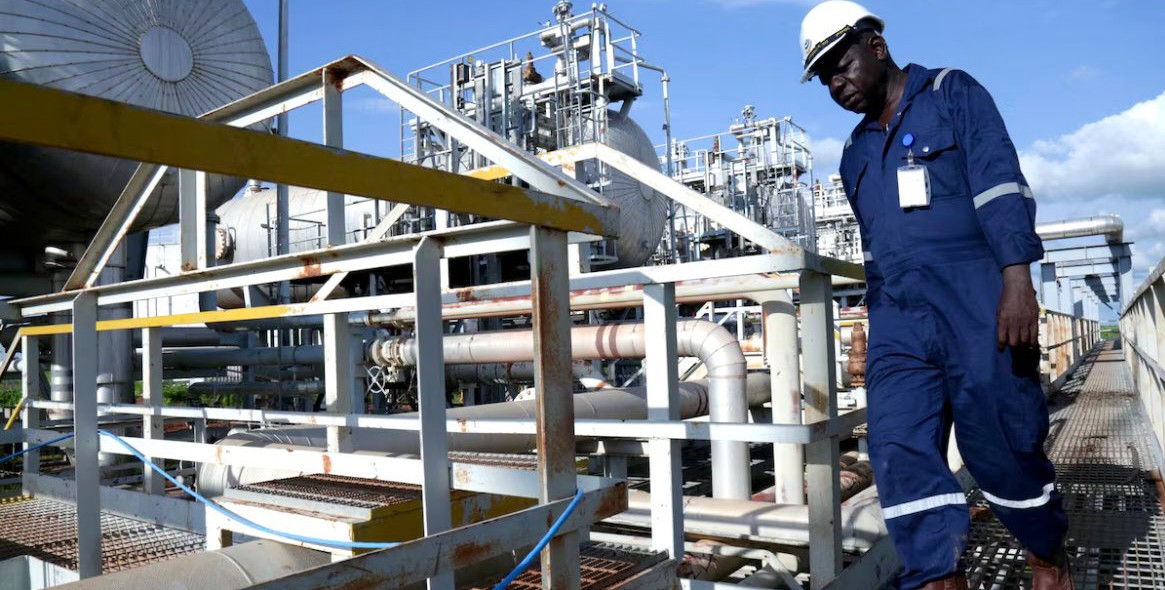UN report says mining boom threatens green energy goals without stronger oversight

According to the report, responsible mining practices and adherence to Environmental, Social, and Governance (ESG) standards are crucial to prevent environmental degradation, human rights abuses, and social inequality.
Global demand for minerals essential to clean energy technologies is rapidly increasing, with a new UN-backed report warning that urgent reforms in mining finance, governance, and regulation are needed to ensure a sustainable energy transition.
The warning comes from a report released Thursday by the UN Environment Programme–hosted International Resource Panel (IRP), titled "Financing the Responsible Supply of Energy Transition Minerals for Sustainable Development".
More To Read
- Government, miners form joint committees to curb exploitation, protect communities
- Report: Africa trailing in global mining exploration spending
- Talks on global plastic pollution treaty end in Geneva without consensus
- CS Hassan Joho blames conflicting advisories for delay in appointing fisheries boss
- Government orders closure of illegal gold mines in West Pokot after deadly accidents
- Turkana, West Pokot mining disputes expose licensing gaps
According to the report, responsible mining practices and adherence to Environmental, Social, and Governance (ESG) standards are crucial to prevent environmental degradation, human rights abuses, and social inequality.
The IRP notes that mining now accounts for half of all global raw material use, up from 31 per cent in 1970. Demand for critical minerals such as nickel, cobalt, graphite, and rare earth elements rose by 8 to 15 per cent in 2023 alone.
Demand for lithium, a key battery material, could increase to nine times current global production by 2050, the report adds.
Respect for human rights
"The demand for minerals and metals needed for the energy transition requires a mining industry that contributes to sustainable development while respecting human rights and the environment," said Janez Potočnik, co-chair of the IRP.
"Through sustainable finance, responsible mining can become the default, not the exception."
While implementing environmental standards can raise operational costs, most companies surveyed said compliance would increase expenses by less than 25 per cent.
The report proposes several measures to curb environmental harm, including recycling targets, green bonds for recycling infrastructure, and incentives for eco-friendly design.
However, it warns that substantial investment will still be necessary. The International Energy Agency (IEA) estimates that $450 billion (Sh58.3 billion) will be required by 2030, and $800 billion (Sh103.6 billion) by 2040 to supply the minerals needed for the clean energy transition.
Guiding principles
The IRP also urges the development of guiding principles on business and the environment to promote responsible mining.
"Mining investments and financing should be tied to mandatory climate and nature-positive requirements, subject to stringent audit requirements. In particular, mining should not take place in protected areas," the report reads.
"Investors' financial portfolios with climate and biodiversity goals should be assessed and monitored for their alignment with climate and biodiversity goals. Financial institutions can use this to determine specific exclusion criteria and an engagement strategy that supports companies' transition pathways."
Additionally, the report recommends a global 0.1 per cent levy on all mining companies to establish a Mining Sustainable Development Fund.
"In due course, this could become an internationally administered global sustainability tax, levied on all produced non-energy minerals and metals," said IRP.
Top Stories Today
















































